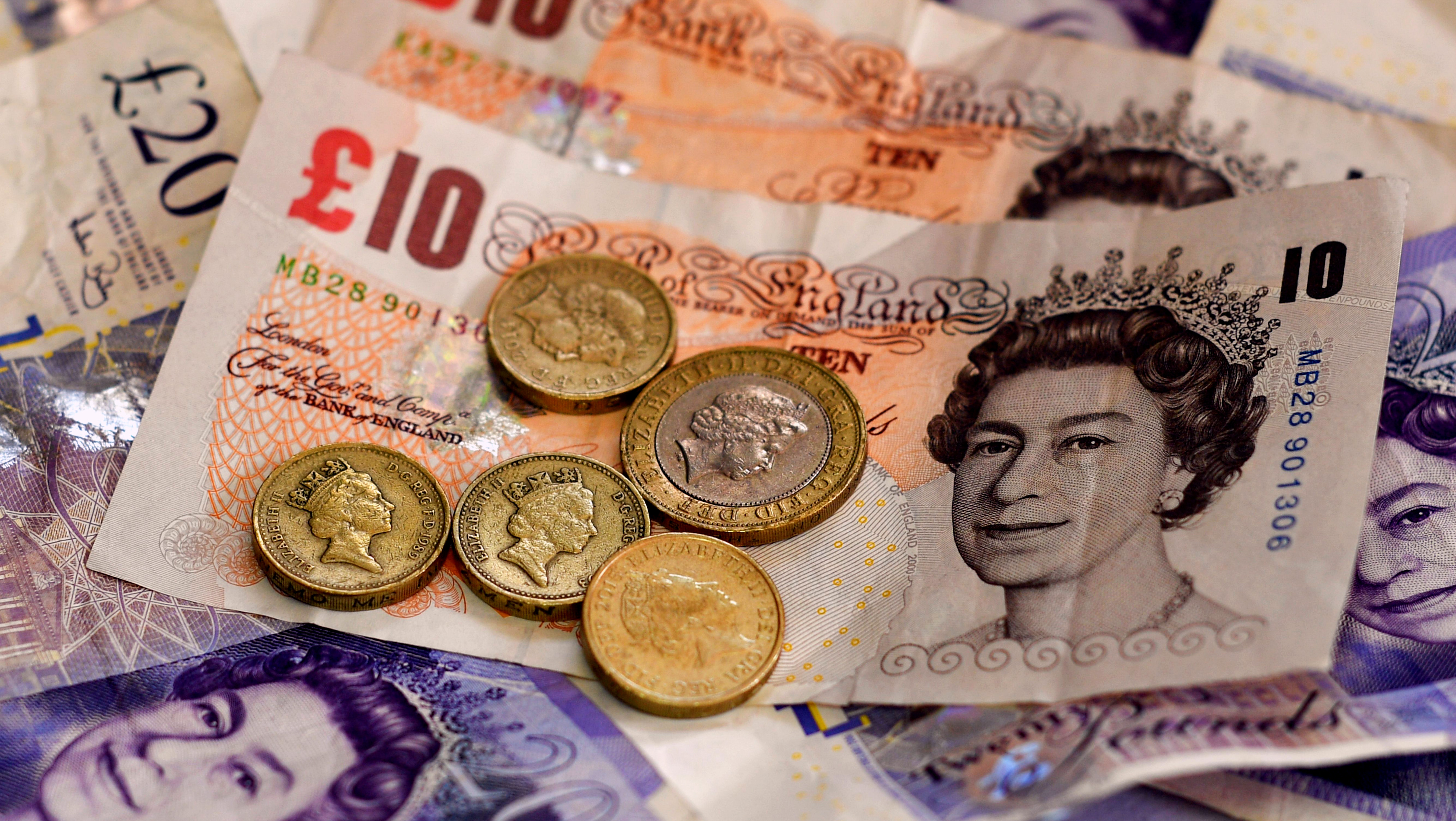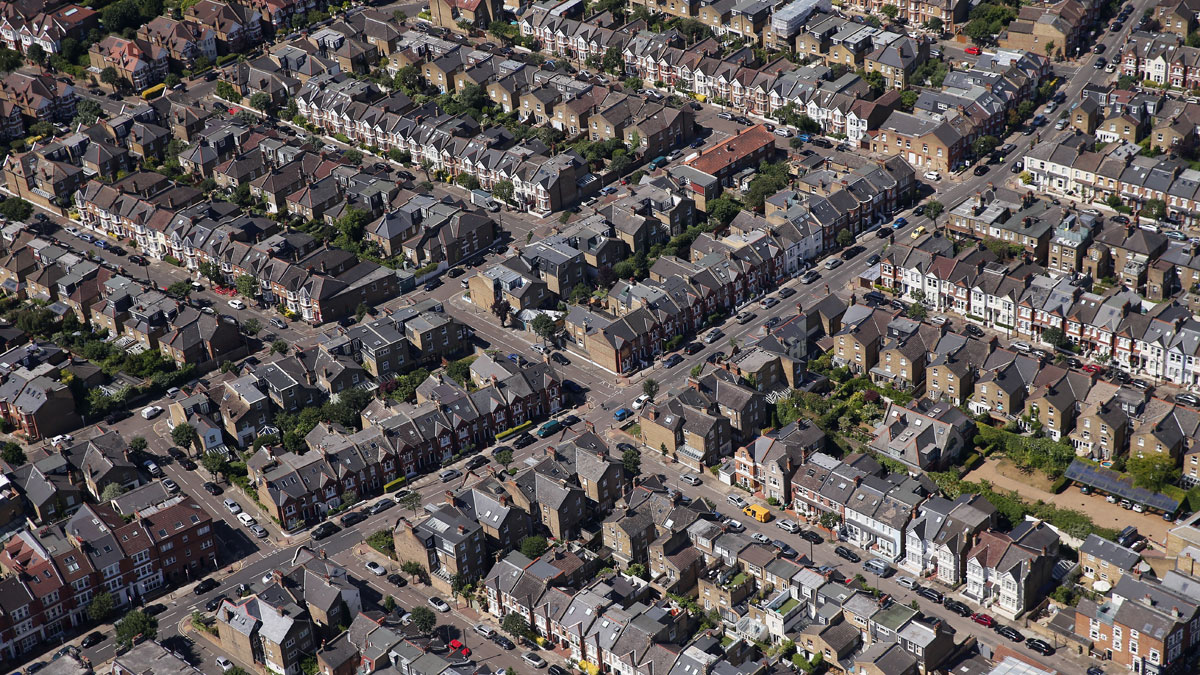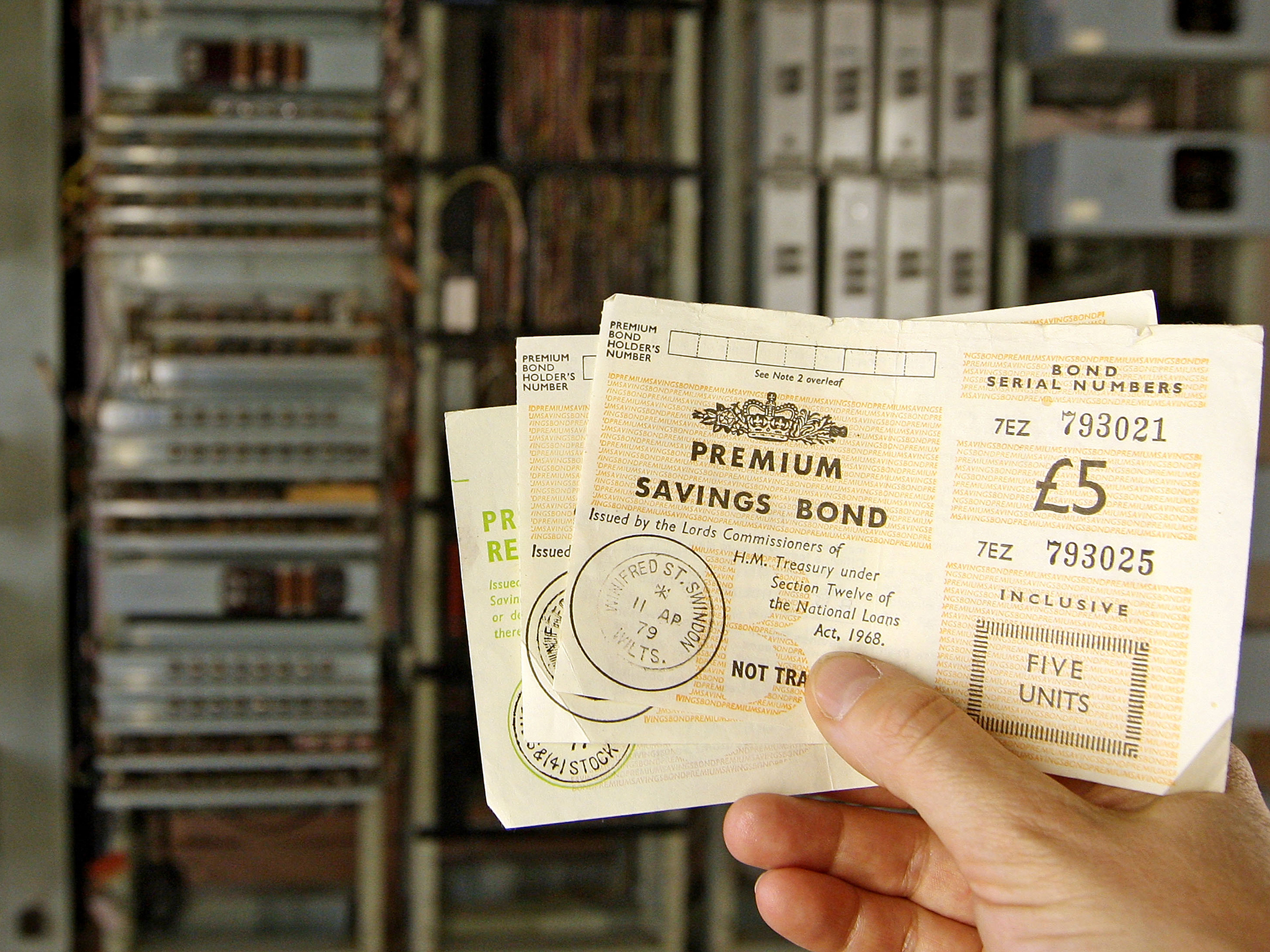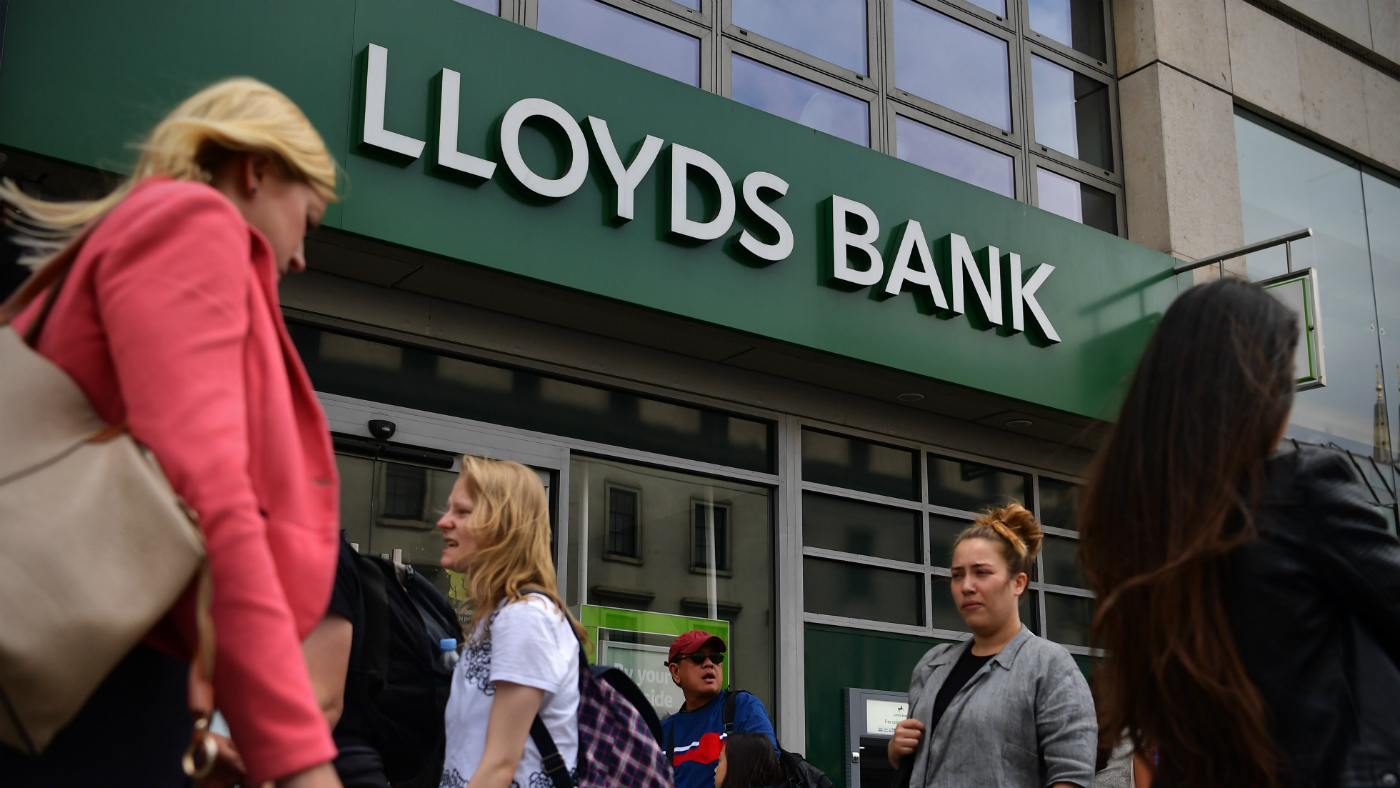UK wage growth stalls as prices surge
Salaries rose by just 0.1 per cent in February, the lowest since 2014

A free daily email with the biggest news stories of the day – and the best features from TheWeek.com
You are now subscribed
Your newsletter sign-up was successful
British workers are beginning to feel the pinch of a post-Brexit vote surge in consumer prices, new official statistics show.
Wage growth – including bonuses – was 2.3 per cent for the year to February, the Office for National Statistics (ONS) said today. Excluding bonuses, wages rose by a marginally lower figure of 2.2 per cent.
This means that real wage growth – the increase once the effect of inflation has been deducted – was just 0.2 per cent overall and 0.1 per cent for those not paid a bonus in February.
The Week
Escape your echo chamber. Get the facts behind the news, plus analysis from multiple perspectives.

Sign up for The Week's Free Newsletters
From our morning news briefing to a weekly Good News Newsletter, get the best of The Week delivered directly to your inbox.
From our morning news briefing to a weekly Good News Newsletter, get the best of The Week delivered directly to your inbox.
Those are the lowest figures since 2014, says the BBC.
The annual rate of wage increases was flat compared to January. If there is no change again for March then wages will be flatlining overall and falling in real terms excluding bonuses.
That's because the ONS confirmed yesterday that inflation last month was running at 2.3 per cent.
Since the Brexit vote the pound has slumped by nearly a fifth against the dollar and also against other currencies, sending import prices higher and pushing up consumer prices.
A free daily email with the biggest news stories of the day – and the best features from TheWeek.com
Experts, including the Bank of England, reckon inflation could hit three per cent this year. Without a significant shift in wage growth this means pay will be falling again in real terms for the first time in three years.
Last month the Resolution Foundation think-tank predicted real wage rates would not return to pre-crisis levels until 2022, marking the worst wage squeeze "since the Napoleonic wars".
The positives for the UK economy in today's data are that unemployment has continued to fall despite the Brexit-related uncertainty.
The number of unemployed fell by 45,000 to 1.56 million in the three months to February, while the number of people in work rose 39,000 to 31.8 million.
At 74.6 per cent the employment rate is the joint highest since records began in 1971.
-
 How the FCC’s ‘equal time’ rule works
How the FCC’s ‘equal time’ rule worksIn the Spotlight The law is at the heart of the Colbert-CBS conflict
-
 What is the endgame in the DHS shutdown?
What is the endgame in the DHS shutdown?Today’s Big Question Democrats want to rein in ICE’s immigration crackdown
-
 ‘Poor time management isn’t just an inconvenience’
‘Poor time management isn’t just an inconvenience’Instant Opinion Opinion, comment and editorials of the day
-
 Brits keeping 21 million ‘money secrets’ from friends and family, survey reveals
Brits keeping 21 million ‘money secrets’ from friends and family, survey revealsSpeed Read Four in ten people admit staying quiet or telling fibs about debts or savings
-
 London renters swap cramped flats for space in suburbia
London renters swap cramped flats for space in suburbiaSpeed Read New figures show tenants are leaving Britain's cities and looking to upsize
-
 Should the mortgage holiday scheme have been extended?
Should the mortgage holiday scheme have been extended?Speed Read Banks warn that some homeowners may struggle to repay additional debt
-
 RBS offers coronavirus mortgage holidays
RBS offers coronavirus mortgage holidaysSpeed Read Taxpayer-owned bank follows measures taken in virus-struck Italy
-
 What are the changes to National Savings payouts?
What are the changes to National Savings payouts?Speed Read National Savings & Investments cuts dividends and prizes for bonds
-
 China clears path to new digital currency
China clears path to new digital currencySpeed Read Unlike other cryptocurrencies, Beijing’s would increase central control of the financial system
-
 Why are donations surging to the RNLI?
Why are donations surging to the RNLI?Speed Read Charity enjoys flood of funding after criticism for overseas work
-
 PPI deadline day: how to claim
PPI deadline day: how to claimSpeed Read Final chance for consumers to apply for compensation